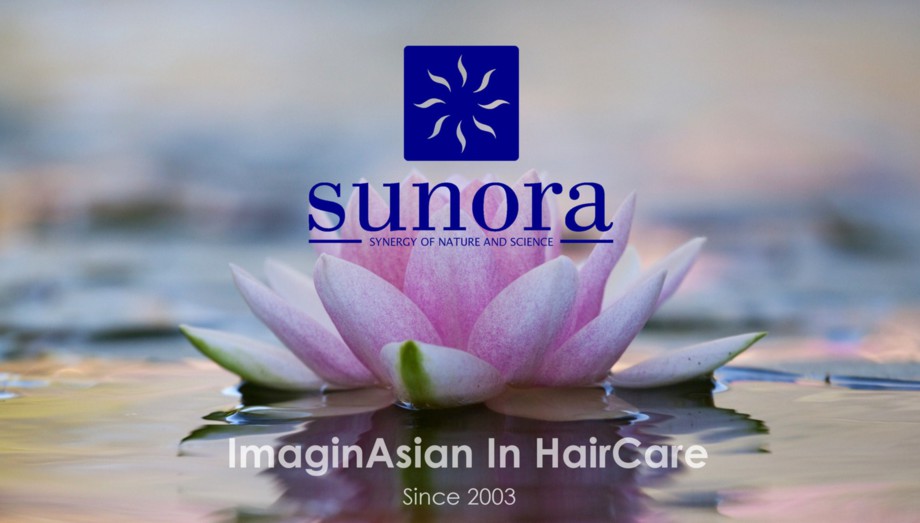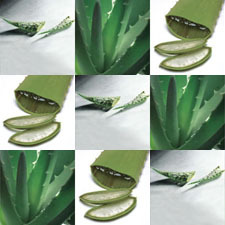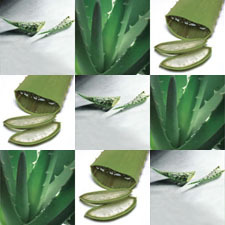
About Aloe Vera
What is Aloe Vera?
Aloe Vera has often been referred to as the the Miracle Plant, the Healing Plant, Wand of Heaven, Plant of Life or the Burn Plant.
Aloe Vera has been used in Indian Ayurvedic Medicine for centuries and is known as Kumari or Ghikanwar.
There are over 300 types of Aloe Vera of which only 3 or 4 are considered to have medicinal qualities. All originated in Africa, of which Aloe barbadensis Miller is the most potent.
Although Aloe Vera barbadensis looks like a cactus, it is fact a member of the Lily family and is often called the Lily of the Desert.
Aloe Vera has often been referred to as the the Miracle Plant, the Healing Plant, Wand of Heaven, Plant of Life or the Burn Plant.
Aloe Vera has been used in Indian Ayurvedic Medicine for centuries and is known as Kumari or Ghikanwar.
There are over 300 types of Aloe Vera of which only 3 or 4 are considered to have medicinal qualities. All originated in Africa, of which Aloe barbadensis Miller is the most potent.
Although Aloe Vera barbadensis looks like a cactus, it is fact a member of the Lily family and is often called the Lily of the Desert.
It grows only in warm and dry climates. It takes approximately 4-5 years for Aloe Vera barbedensis to reach maturity, the leaves are 2 feet in length and 3-4 inches wide at the base and has a natural lifespan of about 12 years. The flower stem develops from the centre, reaching 3 feet in height.
The likes of Mahatma Gandhi, Cleopatra and Alexander the Great
used Aloe Vera.
Aloe Vera babrbedensis has adaptogenic properties, which means that the body will take from it what it requires and so the benefits vary from person to person. It also provides a rich cocktail of nutritional elements.
The likes of Mahatma Gandhi, Cleopatra and Alexander the Great
used Aloe Vera.
Aloe Vera babrbedensis has adaptogenic properties, which means that the body will take from it what it requires and so the benefits vary from person to person. It also provides a rich cocktail of nutritional elements.
What's inside an Aloe Vera Leaf?
Aloe Vera contains over 75 known ingredients, which can be devided into the following groups:
LIGNINS: Allows topically applied Aloe Vera to penetrate the skin.
SAPONINS: Cleansing and Antiseptic properties.
ANTHRAQUINONES: Analgesic (Pain-killer) and Anti-microbial action, powerful laxative in concentrated form.
MINERALS: Calcium, Magnesium, Potassium, Sodium, Chromium, Copper, Zinc and Iron.
ANTIOXIDANTS: Vitamins A, C and E are all Antioxidants, Also trace amounts of B12.
AMINO ACIDS: Contains 20 of the 22 essential Amino Acids required by Humans and certainly 7 or 8 of the essential Amino Acids that we cannot produce ourselves.
ENZYMES:Both digestive and anti-inflammatory.
SUGARS:Monosaccharides and Polysaccharides.
PLANT STEROLS: Anti-inflammatory agents.
SALICYLIC ACID:Metabolised to Salicylate (an anti-inflammatory and analgesic).
Why Does Aloe Vera work?
Aloe Vera works by providing a rich cocktail of nutritional elements whose combined action and balance, produce a more powerful effect together, than would be expected from the individual components.
This is because they work as team, enhancing each other's properties, which means it is a substance which increases non-specific resistance of the body to adverse influences such as infection or stress.
Where does it work?
Aloe vera because of it's nutritional qualities and anti-oxidant properties, helps firstly to prevent injury to epitheilal tissues and it promotes healing, when they are damaged.
The largest epithelium is the skin but this also includes the lining of the gut and the brochial tubes.
Aloe Vera therefore works just as well on damaged skin as it does, on the inflammed bowel or in cases of Asthma.
The Anti-oxidants fight the destructive 'free radicals' (unstable compounds produced by our metabalism and found in environmental pollutants), which are thought to cause various ailments including some cancers as well as contributing to the aging process.
How does it work?
Aloe Vera's natural anti-inflammatory and anti-micbial action combined with its nutritional constituents promote cell growth and therefore healing.
Aloe Vera contains over 75 known ingredients, which can be devided into the following groups:
LIGNINS: Allows topically applied Aloe Vera to penetrate the skin.
SAPONINS: Cleansing and Antiseptic properties.
ANTHRAQUINONES: Analgesic (Pain-killer) and Anti-microbial action, powerful laxative in concentrated form.
MINERALS: Calcium, Magnesium, Potassium, Sodium, Chromium, Copper, Zinc and Iron.
ANTIOXIDANTS: Vitamins A, C and E are all Antioxidants, Also trace amounts of B12.
AMINO ACIDS: Contains 20 of the 22 essential Amino Acids required by Humans and certainly 7 or 8 of the essential Amino Acids that we cannot produce ourselves.
ENZYMES:Both digestive and anti-inflammatory.
SUGARS:Monosaccharides and Polysaccharides.
PLANT STEROLS: Anti-inflammatory agents.
SALICYLIC ACID:Metabolised to Salicylate (an anti-inflammatory and analgesic).
Why Does Aloe Vera work?
Aloe Vera works by providing a rich cocktail of nutritional elements whose combined action and balance, produce a more powerful effect together, than would be expected from the individual components.
This is because they work as team, enhancing each other's properties, which means it is a substance which increases non-specific resistance of the body to adverse influences such as infection or stress.
Where does it work?
Aloe vera because of it's nutritional qualities and anti-oxidant properties, helps firstly to prevent injury to epitheilal tissues and it promotes healing, when they are damaged.
The largest epithelium is the skin but this also includes the lining of the gut and the brochial tubes.
Aloe Vera therefore works just as well on damaged skin as it does, on the inflammed bowel or in cases of Asthma.
The Anti-oxidants fight the destructive 'free radicals' (unstable compounds produced by our metabalism and found in environmental pollutants), which are thought to cause various ailments including some cancers as well as contributing to the aging process.
How does it work?
Aloe Vera's natural anti-inflammatory and anti-micbial action combined with its nutritional constituents promote cell growth and therefore healing.
Sunora use a high concentration of Organic Aloe Vera barbadensis in Sunora Deep Shine Shampoo and Sunora Brilliant Shine Conditioner to make products with beneficial results for your hair and scalp.
Sunora Deep Shine Shampoo for Normal/Dry Hair 250ml
Sunora Brilliant Shine Conditioner for Normal/Dry Hair 250ml
Halal and Contain No Animal Ingredients or Alcohol and are Suitable for Vegetarians and Vegans.
Sunora Deep Shine Shampoo for Normal/Dry Hair 250ml
Sunora Brilliant Shine Conditioner for Normal/Dry Hair 250ml
Halal and Contain No Animal Ingredients or Alcohol and are Suitable for Vegetarians and Vegans.





